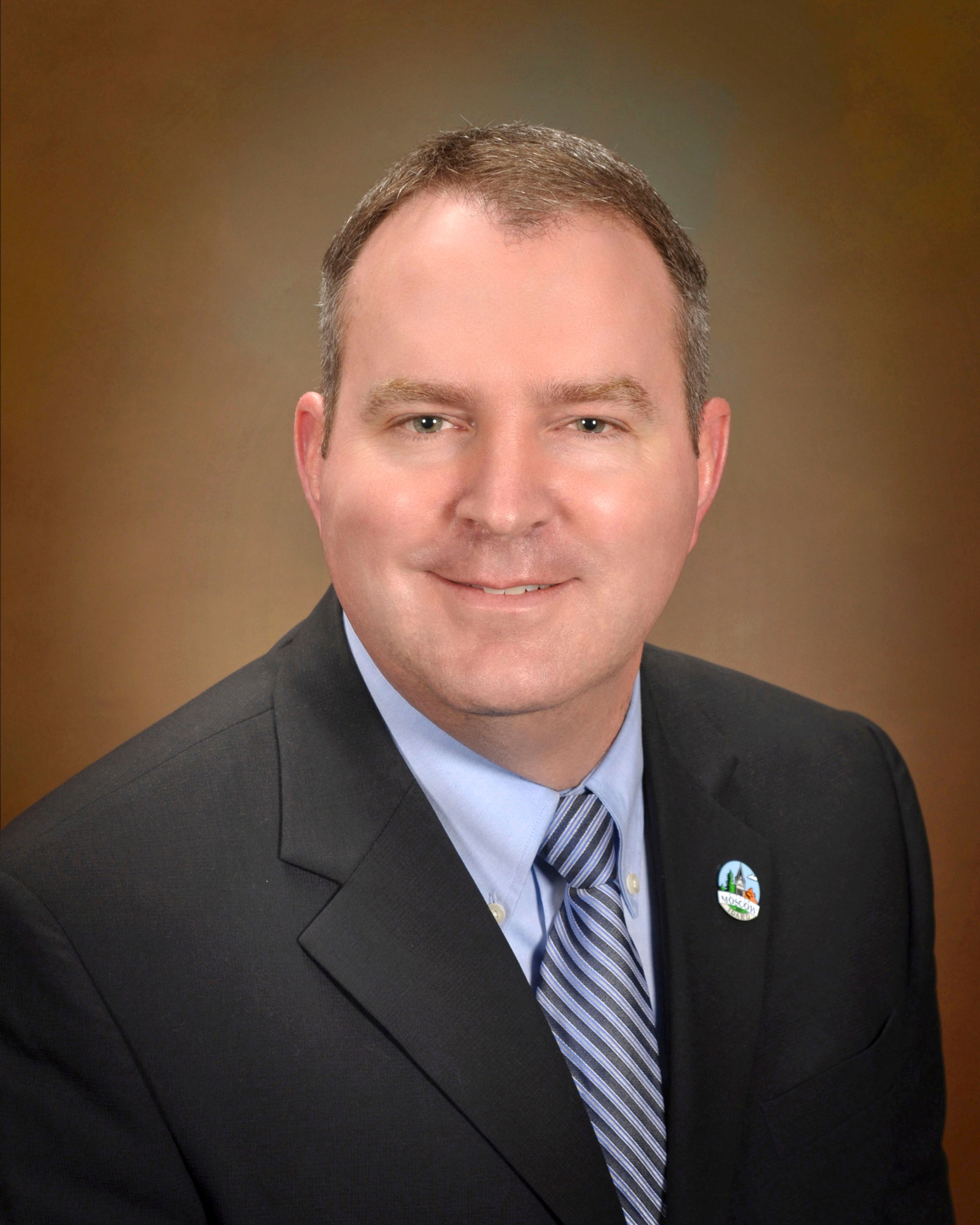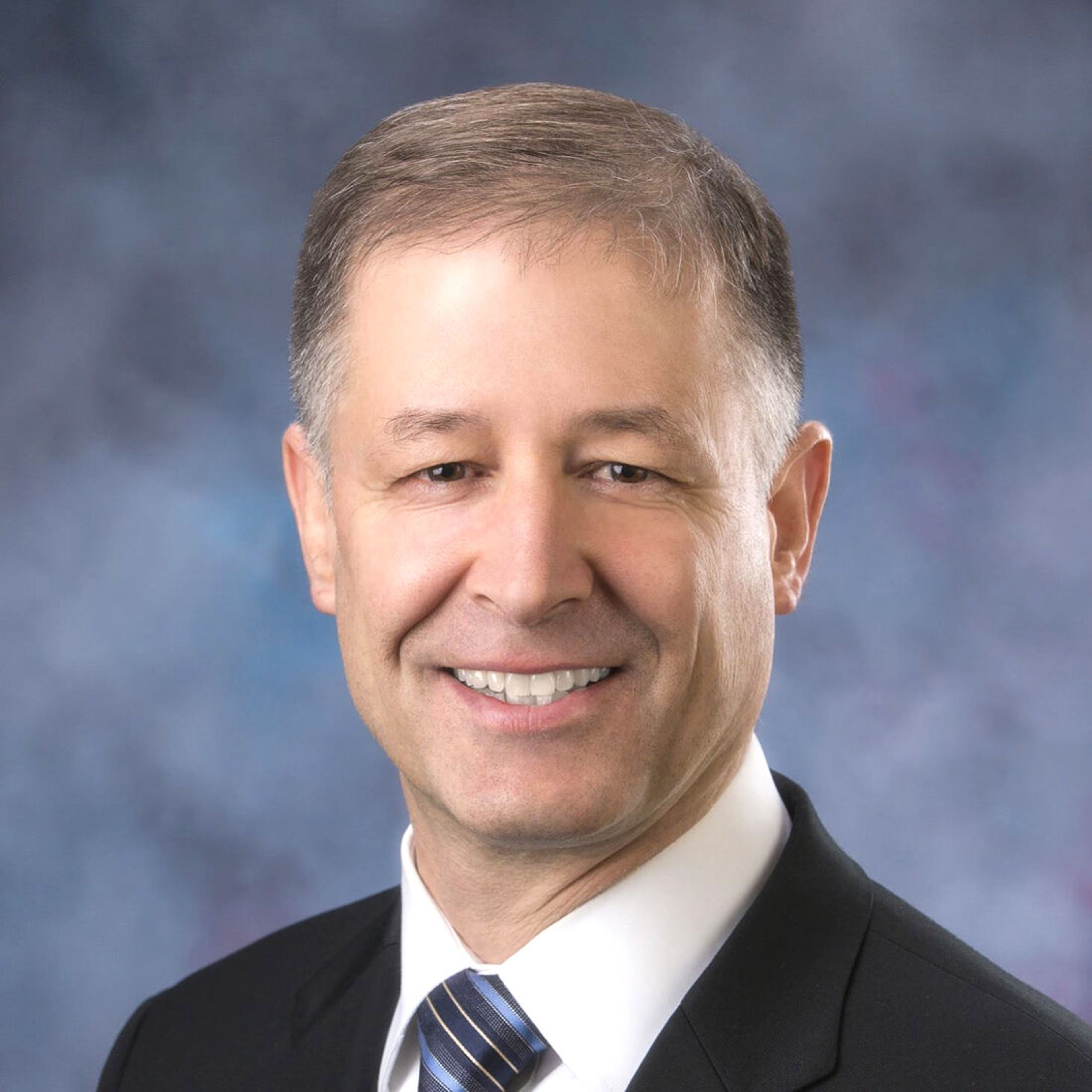Moscow feeling the paramedic crunch
Facing more fire calls with fewer volunteers, city’s now searching for options
The Moscow Volunteer Fire Department and the city of Moscow fear providing adequate paramedic coverage for the city and county won’t be sustainable long-term unless changes are made.
The city is considering its options, including asking the fire department’s volunteers to pay for three new full-time staff members that can supplement the paramedic and firefighting duties of the department.
The department is faced with an increasing number of emergency calls with a relatively small group of available paramedics.
City Supervisor Bill Belknap said emergency calls have increased 34% in the last eight years. Fire Chief Brian Nickerson said the department responded to 63% more calls this January compared to January 2023.
The department is required to have a paramedic on shift 24 hours a day, seven days a week, Belknap said.
It has five volunteer paramedics and two administrative staff members who fill paramedic shifts on top of administrative duties. Belknap said the administrative staff covers as much as 35-50% of the paramedic shifts.
Belknap said volunteers filed a waiver with the state last year that states they may not be able to provide a paramedic at all times. Protocol requires the department to provide notice to all the rural EMS organizations in the area anytime the Moscow Volunteer Fire Department cannot cover a shift with a paramedic.
Belknap said the department cannot provide ambulance transportation to hospitals out of the area because it cannot spare a paramedic for the drive.
“We’re trying to look at tools that are within our control today to try to help stabilize that service and to ensure that we can maintain that paramedic coverage,” he said.
The lack of volunteer paramedics largely stems from the time commitment it requires, as well as competition from other fire departments.
EMS Division Chief Debby Carscallen said the department receives many volunteer applications, but only a small number of those people end up being paramedics.
She said that before becoming a paramedic, volunteers must first be an EMT for at least a year. Then they must train for 18 months before beginning their paramedic duties.
“If we were to recruit somebody that’s actively an EMT right now, we’re not going to see them for two years before they can even be a paramedic,” she said.
Those that become paramedics don’t alway stay. Once they become trained, they can get a paid job as a paramedic in another fire department.
Paramedics are crucial, Carscallen said, because they are allowed to do what emergency room doctors can do such as incubate patients, deliver pain medications and treat people for cardiac arrest.
“We will stay there and we can do everything that the ER can do for a cardiac arrest in our ambulance or in that person’s home,” Carscallen said.
The Moscow Volunteer Fire Department relies on volunteers that are a combination of Moscow citizens and University of Idaho students who are participating in the department’s residency program.
Nickerson said the department usually has 80-100 volunteers at any given time. Belknap said the city cannot have a fully functioning fire department without volunteers.
“We are in no way in a position to ever fund a paid department,” he said. “We can’t do this without the volunteers and we can’t do this without student residents. So it’s going to be absolutely critical that we maintain this system for as long as we can.”
The city is under a financial crunch thanks to a recent Idaho Supreme Court case.
The case stems from a lawsuit filed by former Lewiston City Council member John Bradbury against Lewiston. He argued the city had been collecting excessive utility fees and improperly spending municipal funds. Most of Bradbury’s claims were dismissed, but he was successful in arguing that street impact fees were an illegal tax.
This has left a 12% hole in Moscow’s general fund budget and the city had to eliminate six positions.
“We need to find solutions,” Belknap said.
One solution Moscow proposed to the fire department Board of Directors is to create three paid paramedic/firefighter positions that would be jointly funded by the volunteers and the city.
Belknap said the volunteers have more than a half million dollars in revenue that mainly comes from billing residents for emergency transport services.
Belknap proposed using that volunteer revenue to cover the total cost of the three new positions for the first three years. The city would then start to pay a small percentage of that cost until it eventually becomes an 80/20 split, with the volunteers covering the majority of expenses.
Belknap said Moscow decided on this split because 80% of emergency calls are medical, and the EMS program is something the volunteers developed independently on their own.
Moscow will save the volunteers money if it receives a federal grant that would cover the cost of the new staff positions for the first three years. That grant application is due in March.
Nickerson said the volunteers will meet and make a decision about a course of action later this month.
Belknap said that even if the new staff positions are created, volunteers will continue to be imperative for the fire department to continue. He said the city needs to continue to grow its residency program and recruit volunteers.
“The city cannot continue to provide fire and EMS service without this partnership continuing,” he said.
Kuipers can be reached at kuipers@dnews.com.








